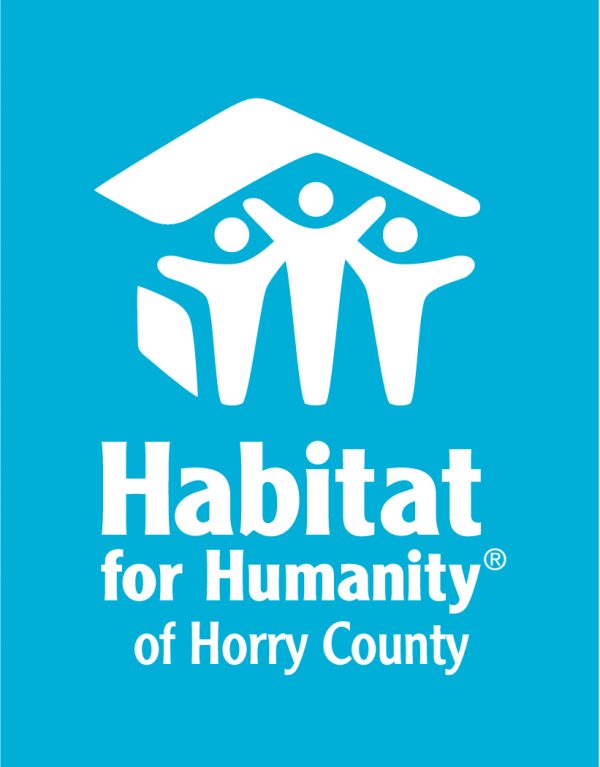What is Planned Giving?
Maybe you have heard the term before and were not exactly sure what it was, or maybe you thought planned giving was only for the very wealthy. Over the next few months Habitat Horry County will be posting a series of planned giving blogs to break down the myths surrounding that term and help everyone feel confident in their giving plan for life and beyond!
Okay, Let’s get started! So, what exactly is planned giving? Planned giving, also known as legacy giving or gift planning, is a form of charitable giving that involves arranging donations to a nonprofit organization during a donor’s lifetime or as part of their estate plans. Unlike spontaneous or one-time donations, planned giving involves strategic and deliberate planning to maximize the impact of the donation while potentially providing financial benefits to the donor and their heirs.
Wow, that was a lot! But I LOVE Habitat for Humanity of Horry County! So how do I go about planned giving? There are so many ways to do planned giving it can feel overwhelming!
So, let’s break it down. Planned giving encompasses a variety of giving vehicles and strategies, each with its own unique advantages and considerations. For this blog, we will go over the 3 most common forms of planned giving.
Bequests: A bequest is a provision in a donor’s will or trust that designates a specific amount of money, property, or a percentage of the estate to a charitable organization upon the donor’s death.
Life Insurance Policies: Donors can designate a charitable organization as the beneficiary of a life insurance policy, either by transferring ownership of an existing policy or purchasing a new policy with the charity as the beneficiary.
Retirement Accounts: Donors can designate a charitable organization as a beneficiary of their individual retirement accounts (IRAs), 401(k) plans, or other retirement accounts, potentially providing tax benefits to their estate.
These are just a few of the many ways you can leave a legacy and support the work of Habitat for Humanity of Horry County now and into the future, so stay tuned next month for more exciting planned giving information!
If you have questions about including Habitat for Humanity of Horry County in your planned giving please reach out to our Organizational Advancement Director, Rachel Kennon via email at [email protected] or phone at 843-999-6471.





